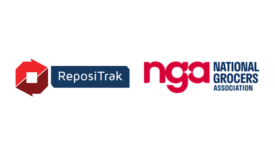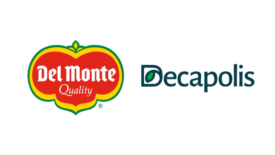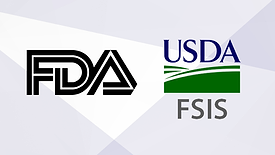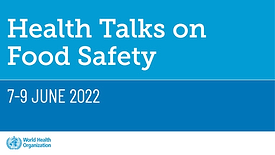Home » traceability
Articles Tagged with ''traceability''
The Incident Command System and Foodborne Illness Outbreak Investigations
The Coordinated Outbreak Response and Evaluation (CORE) Network is the coordination focal point for all FDA resources during outbreak investigations
October 11, 2022
Never miss the latest news and trends driving the food safety industry
eNewsletter | Website | eMagazine
JOIN TODAY!Copyright ©2024. All Rights Reserved BNP Media.
Design, CMS, Hosting & Web Development :: ePublishing










